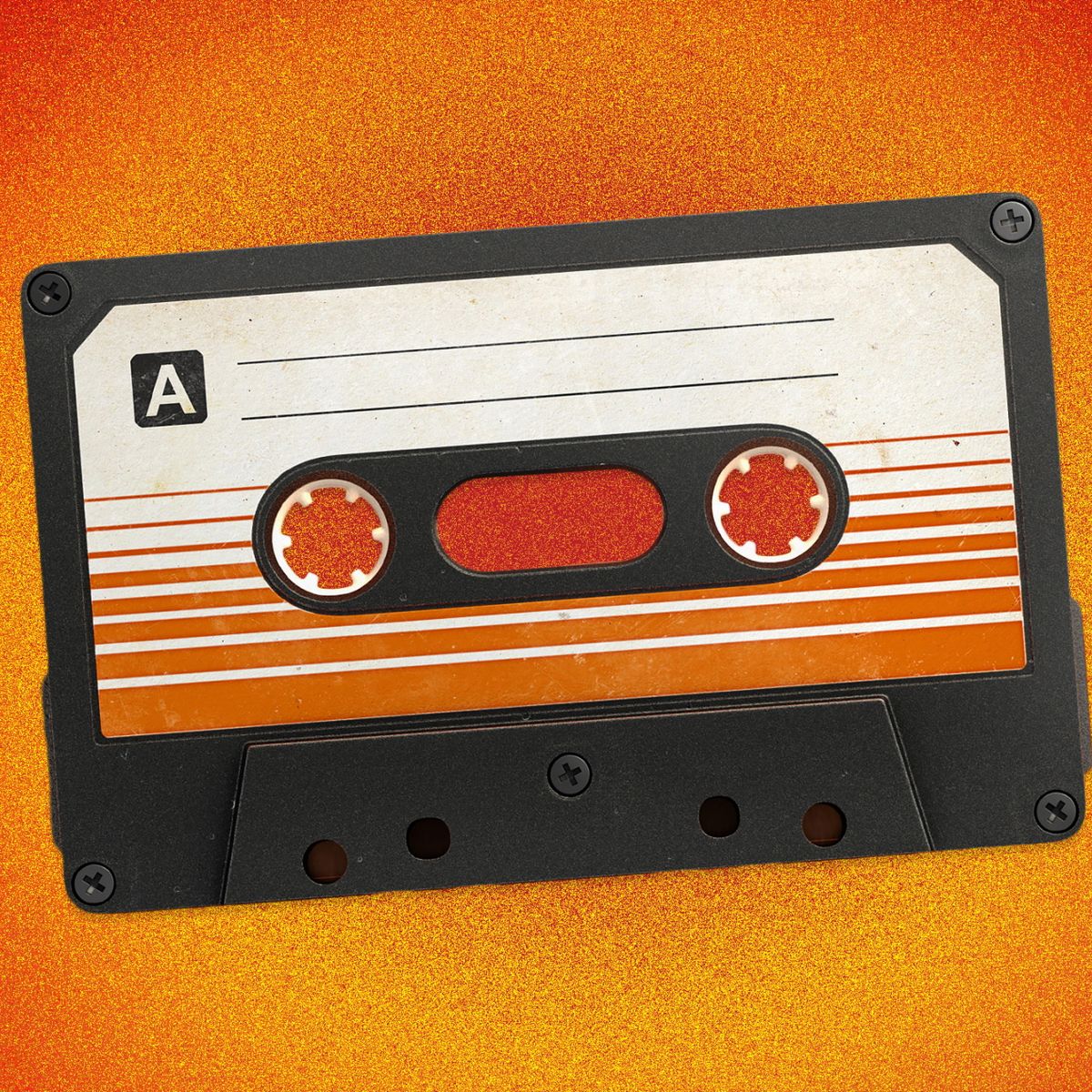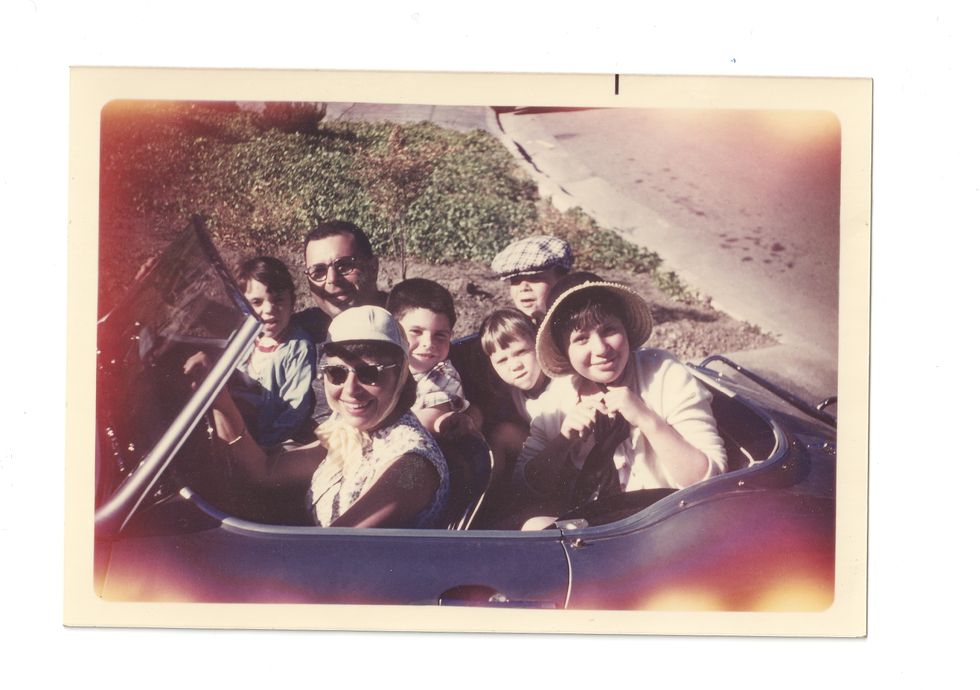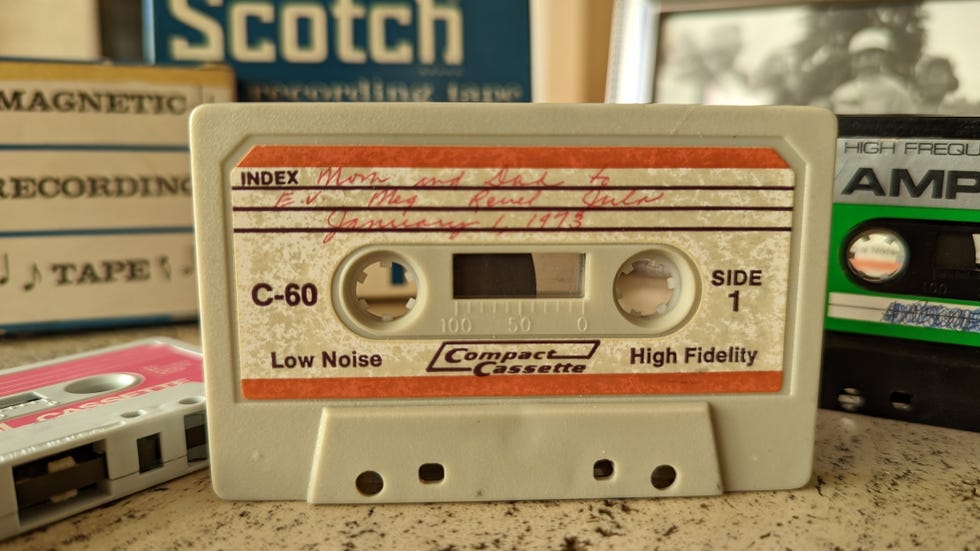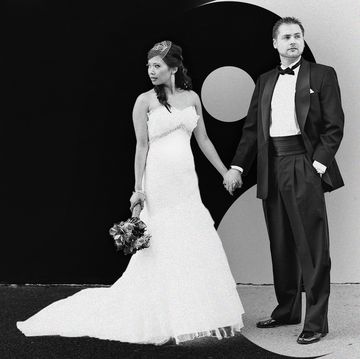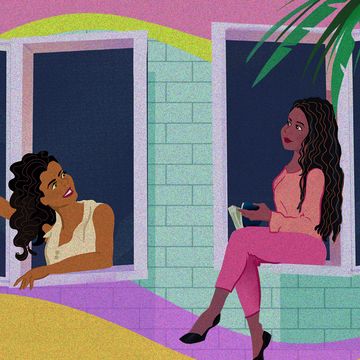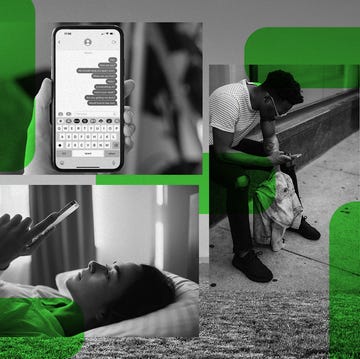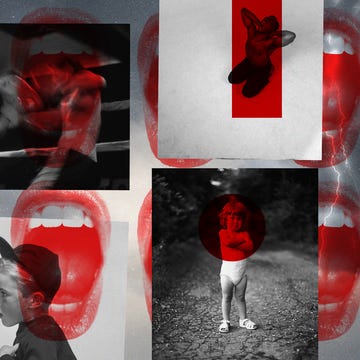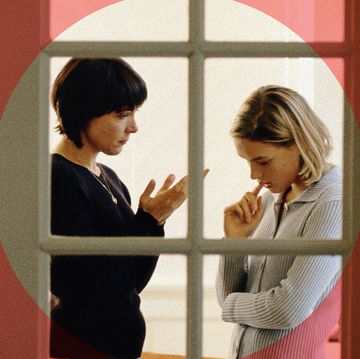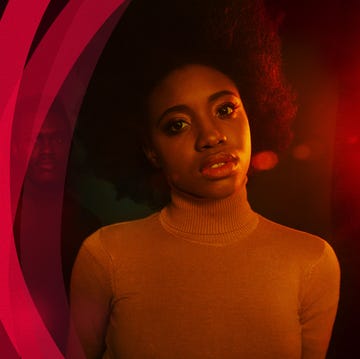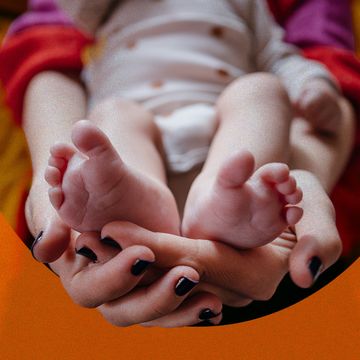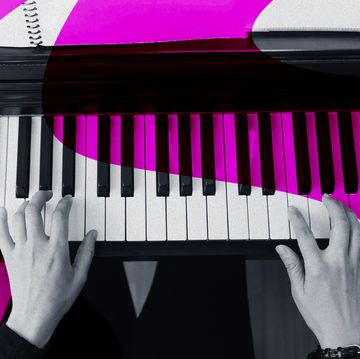The last conversation I had with my father was at Caesars Palace in Lake Tahoe. My mother was playing the slot machines, my 2-year-old daughter was napping, and my piano player husband was warming up for his evening performance with Johnny Mathis that we were all planning to attend.
Unannounced, my father showed up at my hotel room to visit me. From his seat by the window, he surveyed the November sky through thick trifocals. An illness had caused him to lose his vision the year after he and my mother married, and though he regained partial sight, he remained legally blind.
My father tested my patience with one of his long-winded, Carl Sagan-style monologues. This time, it was about the millions of galaxies and their “scat-urings” of stars. I remember his booming voice and how the double T’s stuck together in the back of his throat. When spoken, they popped like a cork. My siblings and I always laughed with glee when he said words like cattle or spittle. I often tried to emulate his quirky utterances, especially when singing “99 Bot-ules of Beer on the Wall,” which we did in chorus on family road trips, generally before the car broke down.
I remember saying, “Daddy, outer space freaks me out. Can you please change the subject?” The following month on Christmas, my brother called. “Mom and dad were in an accident.” For weeks, all I heard was the screeching of tires, the breaking of glass, the snapping of bones. I tried to keep my father alive by imagining his voice singing “Moon River.” While my mother survived the accident, my shotgun-riding father died instantly when their car crashed into a tree. The doctors assured us he felt no pain.
In the aftermath of the accident, I numbed my way through heart-crushing phone calls to relatives and friends, followed by my birthday and the funeral. For the next 40 years, without realizing it, I unconsciously silenced the sound of my father’s voice, tucking it into a safe treasure box, where it remained until last month when my younger sister stumbled upon a bunch of cassette tapes she’d stashed in a box of old letters from the year she and I lived on a kibbutz — a communal farm that welcomed volunteers — in Israel when we were teenagers.
Back then, long-distance calls were prohibitively expensive, and tissue-thin aerograms were inadequate for expressing the enormity of our experience mastering a new language and living in a foreign culture, so we began using tape recorders to communicate back and forth with our parents.
My younger sister brought the newly discovered tapes to my house. They were dated 1972, 10 years before my father’s death. We set up our mother’s old tape deck with a pair of free-standing speakers. My siblings and I sat knee-to-knee on the couch; I pressed play and soon felt my mother in the room, recognizing her deliberate, grammatically perfect speech. However, my father was worlds away, unfamiliar.
Why did I not recognize the sound of my father’s voice? I felt displaced and disloyal. I’d been listening to him sing, hum, and spin stories of Brutus the hippopotamus since I was a baby. Through many years, it rocked me to sleep, soothed my skinned knees, talked me through term papers, and consoled my broken hearts. The depth, dimension, and resonance — even the Bostonian accent — of his voice rang surreal instead of true. Surprisingly, it took three listens of that tape for me to feel his presence.
Eventually, my father’s recorded voice wrapped us in a long-distance bear hug, smothering us with Yiddish terms of endearment. Then, true to form, he dove into a drawn-out soliloquy about how the kibbutz lifestyle deprived the individual of personal pleasure. When it came to pontification, my father was peerless. He ended by saying, “If someone said to me today, ‘Hey, Len, go live on a kibbutz for a year’ — and money was no object — hell, I’d take them up on it.’”
My parents were 50 years old in those recordings, still relatively young. My mother lived to be almost 90, giving her the chance to age with our support and us the opportunity to make peace with the past. But my father became frozen on that brown polyester plastic ribbon. He missed the birth of my second child and the millions of milestones achieved by his progeny: birthdays, bat mitzvahs, and graduations, to name a few. He died unexpectedly, leaving us with an ocean of unknowns.
“You know,” my brother said, “I used to hang on every word. He was the source of all wisdom. Now, he sounds kinda like a naive punk.”
“A pip-squeak,” I said.
Perhaps we all sound like babes in the woods to our elders at age 50, which makes me wonder: Are there classic turning points that my father never had the chance to discover? The final three stages of human development are adulthood, middle age, and senior years. But what about the fine print?
The anniversary of my father’s death hits me every holiday season — and the comedic irony of losing my Jewish father on Christmas isn’t lost on me either. This year, after hearing his voice, I’ve been overcome by childhood memories and sensations; I’m up at night having the conversations with him that didn’t happen when he was alive. I long for one more hour in that hotel room to ask: What made him drop out of law school when he was at the top of his class? Why did he choose such a reckless life path of feverish dreams and schemes? Did he ever recover from losing his sight?
My siblings and I never got the opportunity to truly exist as adults with my father, to fully understand and appreciate the obstacles he must have faced in his life. I wish I’d been able to experience that change of perspective while he was alive.
When my younger sister and I initially listened to those tapes, it was novel. Now, they are a genuine link to the heartbeat of the past. As it turns out, old-school technology can lead to new revelations. My father, whose voice once struck me as powerful enough to move mountains, now sounds merely mortal. A man who once seemed worldly now sounds a bit callow. In a strange twist of fate, I have become my father’s elder.
By playing these old tapes, I realized that a parent can actually become more human — even after death. It’s never too late to reconsider past assumptions. My father’s time on this planet was a countdown of beer bottles and galaxies, long-winded lectures and short-lived dreams. You take one down. You pass it around. You fill your glass with love.
Megan Vered is a Northern California-based writer who has contributed to the San Francisco Chronicle, Kveller, The Writer’s Chronicle, and The Rumpus.
Get Shondaland directly in your inbox: SUBSCRIBE TODAY
